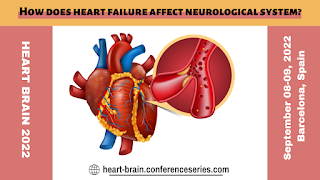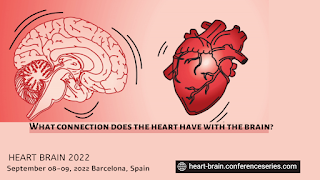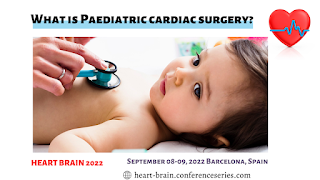How does heart failure affect neurological system?
Furthermore, about 25-80% of all patients with CHF expertise psychological feature impairments like small attention and concentration, amnesia, diminished content interval and small government functions. cavum ANP organic phenomenon and unharness square measure inflated in patients with failure, reflective the upper demand for viscus endocrine secretion because of inflated viscus pressure and volume overload. Thus, ANP is additionally a cavum endocrine. The sympathetic systema nervosum plays a crucial role within the explanation of chronic failure (CHF). There’s early activation of viscus adrenergic drive that is followed by Associate in nursing increasing magnitude of generalized sympathetic activation, with worsening failure. The adverse consequences predominate over the short-run offsetting effects and square measure mediate through downregulation of β-receptor performs and harmful biological effects on the cardiomyocyte. β-blockers exert a useful impact on the explanation of CHF by attenuating the negative biological effects, restoring homogeneity of contractile/relaxant mechanisms, and reducing the danger of heart muscle anaemia and arrhythmias. When pioneering work conducted over twenty years past, varied studies have shown the useful effects of β-blockade on left cavum perform, and survival, morbidity, and mortality rates in CHF. Large-scale trials square measure current to see the general advantages of β-blockade in failure.
Because physicians have historically thought of failure to be a
hemodynamic disorder, they need delineated the syndrome of coronary
failure|heart condition|cardiopathy|failure} exploitation hemodynamic ideas and
have designed treatment methods to correct the hemodynamic derangements of the
disease. However, though hemodynamic abnormalities could make a case for the
symptoms of failure, they're not decent to clarify the progression of failure
and, ultimately, the death of the patient. Therapeutic interventions could
improve the hemodynamic standing of patients hut adversely have an effect on
their long outcome. These findings have raised questions about the validity of
the hemodynamic hypothesis and counsel that various mechanisms should play a
primary role in advancing the malady method.
Several lines of proof counsel that neurohormonal mechanisms play a
central role within the progression of failure. Activation of the sympathetic
systema nervosum and reninangiotensin system exerts an on the spot injurious
eflect on the center that's freelance of the homodynamic actions of those endogenous
mechanisms. Therapeutic interventions that block the results of those
neurohormonal systems favourably alter the explanation of failure, and such
advantages cannot be explained by the impact of those treatments on viscus
ability and ejection fraction. Conversely, medicine agents that adversely
influence neurohormonal systems in failure could increase vas morbidity and
mortality, although they exert favorable hemodynamic effects. These
observations support the formulation of a neurohormonal hypothesis of failure
and supply the premise for the event of novel therapeutic methods within the
next decade.




Comments
Post a Comment